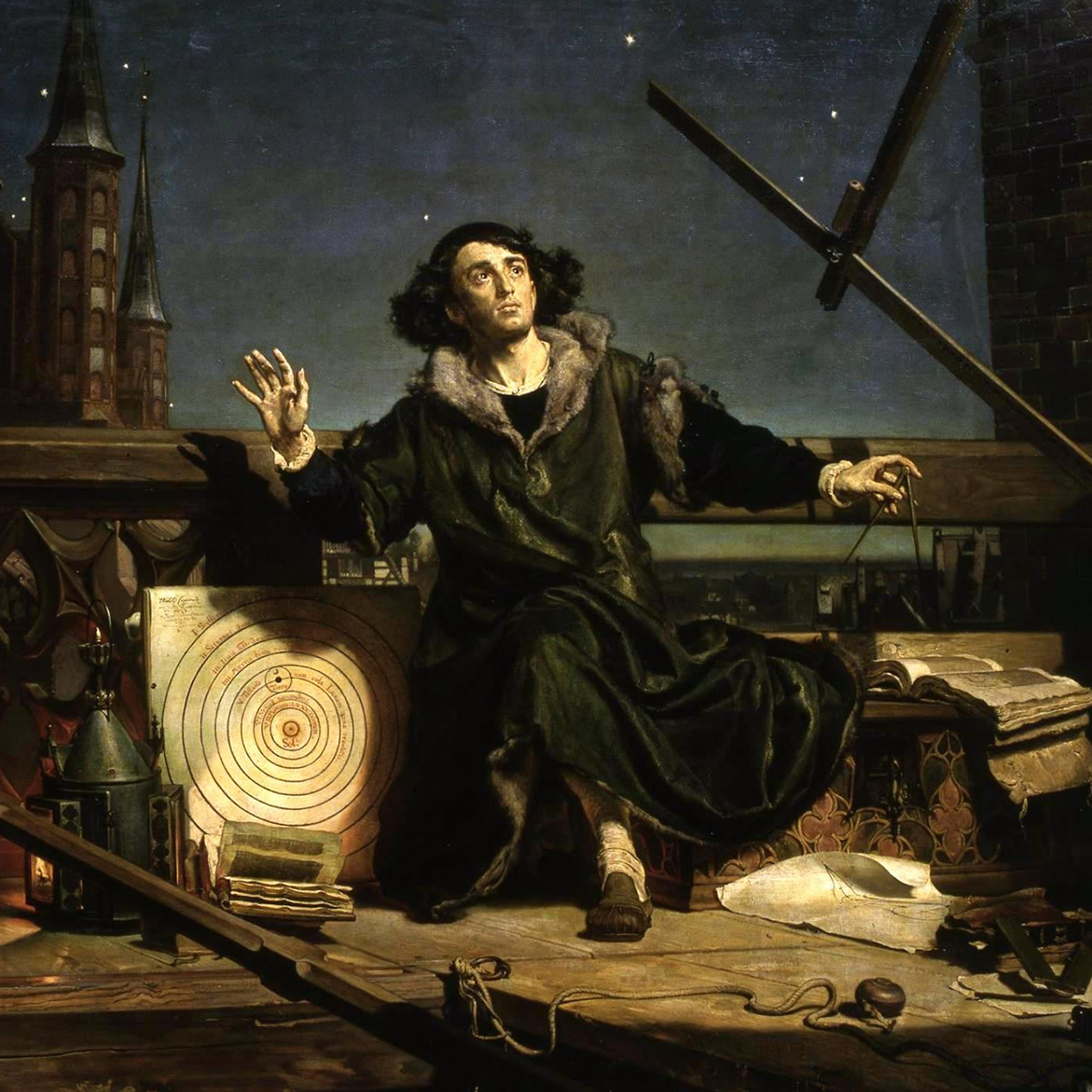Since the assassination attempt of Donald Trump, the notion that we ‘are witnessing history’ is not an uncommon one, particularly among the American people. While we have heard in our history classes of presidential assassinations and assassination attempts, for many of us, they seemed to be relegated to history. The truth of the matter is that we are witnessing history, but not in a pleasant sort of way. We are not witnessing the awe of Simone Biles winning yet another Olympic title (hopefully in the next few weeks), nor are we witnessing the previously thought impossible moon landing. What we are witnessing seems to be the disintegration of society and the loss of confidence in the ability to navigate complex topics and disagreements without violence in our own country.
Public Square Magazine is not a partisan venue. Our staff comes from across the political spectrum and are united in our love for our Lord Jesus Christ. It is in this spirit that we condemn the cowardly assassination attempt of Donald Trump in the strongest terms possible. In our desire to follow Christ, we repeat his enduring message:
Ye have heard that it hath been said, Thou shalt love thy neighbor and hate thine enemy. But I say unto you, Love your enemies, bless them that curse you, do good to them that hate you, and pray for them which despitefully use you, and persecute you.
Latter-day Saints are far from the only people who have a perspective on political violence. But we do have our specific story and lens into the subject—after all, it was our first president, Joseph Smith, who was the first US presidential candidate to be assassinated.
The Book of Mormon furthers these convictions primarily by doubling down on the teachings of Jesus. Many of us, however, also remember having our political views deeply influenced by listening to the stories from The Book of Mormon. Ezra Taft Benson, the 13th President of The Church of Jesus Christ of Latter-day Saints, and one with his own political experience having served as secretary of agriculture to Dwight Eisenhower taught that The Book of Mormon prophets “saw our day and chose those things which would be of greatest worth to us.” Political violence can tear apart the fabric of democracy.
While their society was not immune from difficulty, it didn’t begin to disintegrate until approximately 30 CE, when the chief judge was murdered. This began a cycle of political violence, which resulted in the near complete dissolution of their society, only saved by the miraculous appearance of Christ Himself.
The warning The Book of Mormon has for us in these circumstances is that violence begets violence and can lead to a spiral that makes lasting peace ever more unattainable.
But there is also a message of hope. The Book of Mormon peoples do, at times, break themselves out of that spiral of violence. They do so when individuals across society humble themselves and seek repentance, choosing to follow principles of peace and righteousness over revenge and power. This transformation often begins with a few courageous individuals who, despite the dangers, advocate for forgiveness and reconciliation. The Book of Mormon teaches us that while political violence can tear apart the fabric of democracy, the pathway to restoration and enduring peace lies in our willingness to turn to God, seek forgiveness, and extend grace to one another.
Watching the political violence escalate in our society takes us back to those storied times and leaves us a bit slack-jawed at its relevance. These are not just stories. We are watching the same things with our own eyes in real-time. Can we do anything about it?
In applying the words of Jesus and the lessons from The Book of Mormon to our contemporary political circumstances, we are inspired by the words of Dallin H. Oaks. Oaks is a former judge and serves in the seniormost council of the Church of Jesus Christ. Just four years ago, Oaks delivered an address titled “Love Your Enemies.” Remarks given at our faith’s semi-annual General Conferences are the most visible public comments our faith leaders give. To the entire church, he said, “We obey the current law and use peaceful means to change it.” And went on to say, “We will not participate in the violence” directed at undermining democracy. A category in which this shooting surely falls. Maintaining peace depends on each one of us acting and speaking responsibly.
This is not a new concern for us. But it is an ongoing one. We have seen the rising specter of political violence and have called it out. We have managed to do so across our political differences because preserving our democratic norms from the threat of violence is not a partisan stance.
We are concerned that in the wake of this assassination attempt, the rhetoric has escalated in some quarters, with false claims and conspiracy theories about the event from both sides almost immediately encroaching into our political discourse. For those who are engaging, please stop. In this age of social media, maintaining peace depends on each one of us acting and speaking responsibly more than ever.
In the coming days, we hope to continue to lead out in the difficult conversations with love. We invite you to join us.















